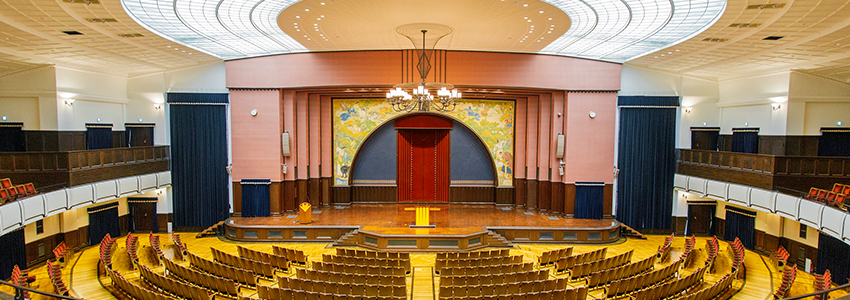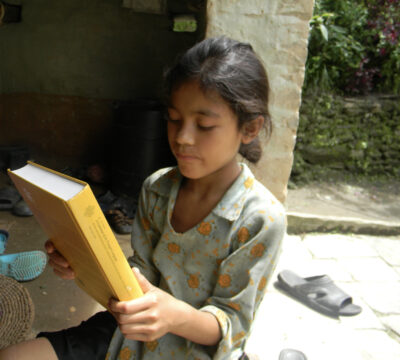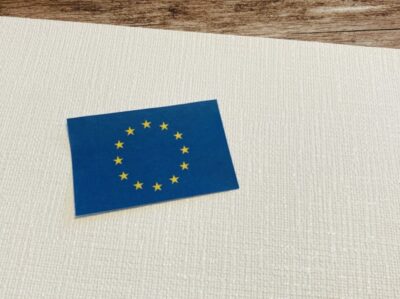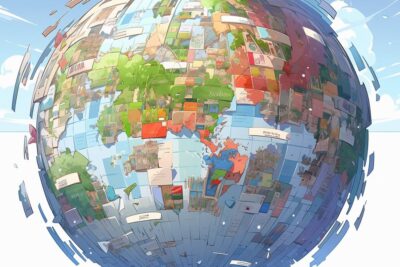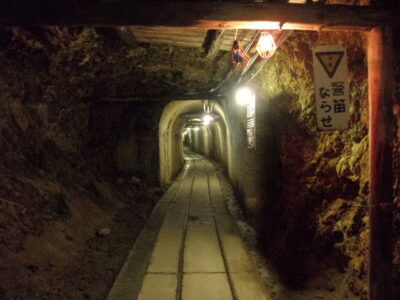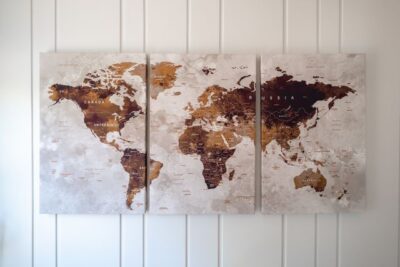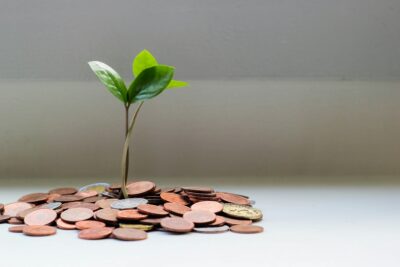【Rescheduled】Changing the Urban Food Environment to Reduce Risk of Chronic Disease (Lecture by Prof. Joel GITTELSOHN)
イベント予定講演会/LectureTuesday, February 10, 2026, 13:30–14:30 JST
This presentation will describe environmental interventions to prevent obesity and non-communicable diseases in urban food environments. Dr. Gittelsohn will highlight strategies, impacts and lessons learned from the Baltimore Healthy Food initiatives, as well as the work of other researchers. Evidence shows that combining educational, environmental, and policy approaches improves access to and consumption of healthier foods, though impacts on obesity remain modest. His current work explores digital tools, restaurant and systems science approaches. Findings underscore the need for sustainable, community-engaged strategies to strengthen food environments and reduce chronic disease risk.


